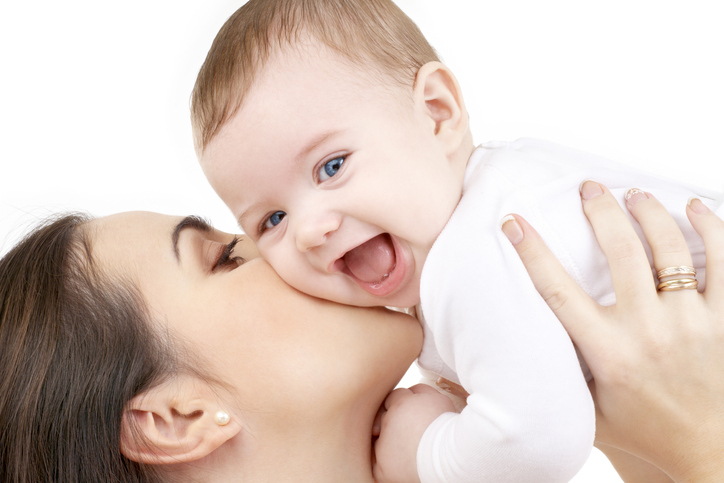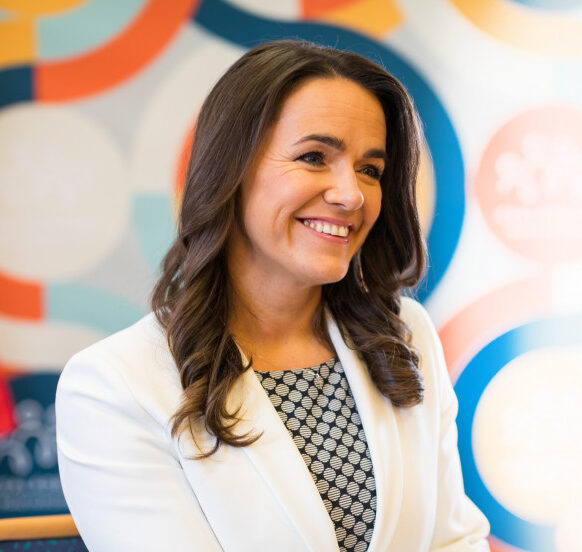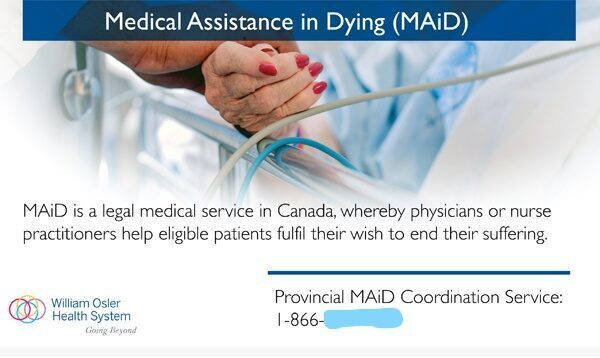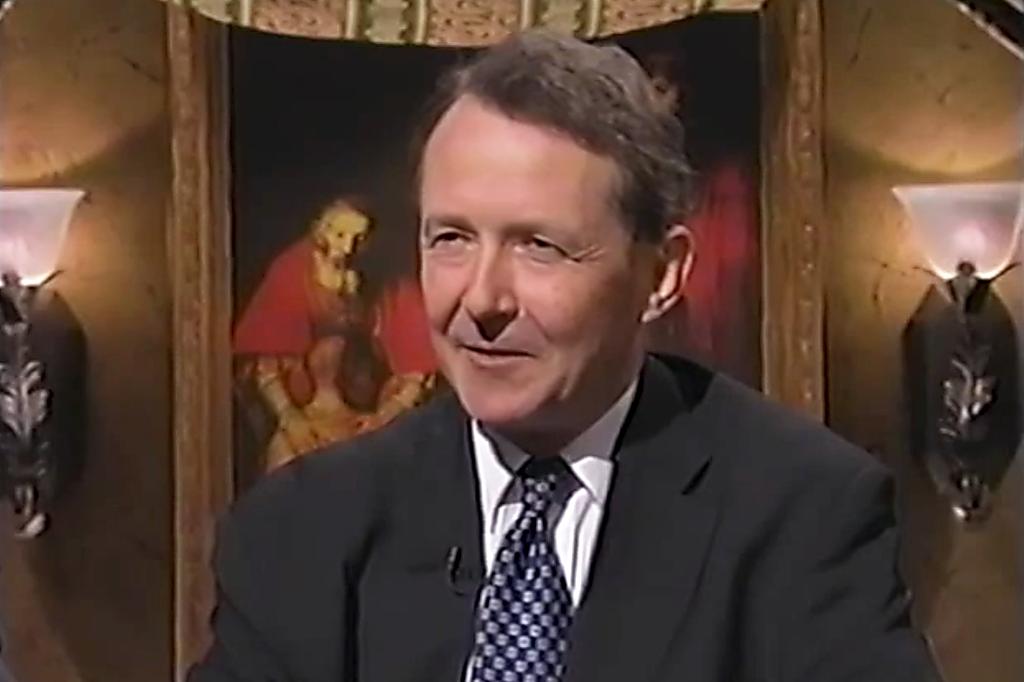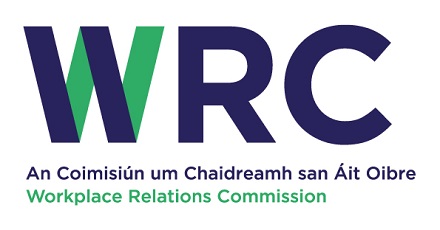“Being pro-family should be a national minimum”, said the President of Hungary, Katalin Novák yesterday at the start of the Budapest Demographic Summit.
The biannual meeting, held since 2015, is a major forum where politicians, church leaders, and experts discuss the most important current issues affecting families.
The Hungarian President stressed that the ‘demographic winter’ that has set in in the developed world is now turning into an ice age, but if there are no children, there is no future. “The pillars of our lives, the foundations of our Christian culture, are cracking and crumbling, and if we do not take care of our values, which we believe to be inviolable, we will sacrifice ourselves before we become victims of the coming ice age”, she said.
The Prime Minister of Italy, Giorgia Meloni, also spoke at the gathering. She said that her government’s top priority was to bring about a major cultural shift in thinking about families, as Italy, like the rest of the Western world, is facing a serious demographic crisis.
She added that the Italian economy was facing a serious crisis, as the number of births had fallen, leading to a strong anti-family mood, and the image of the family in the media had gradually faded away, with individuals now appearing as consumers.


